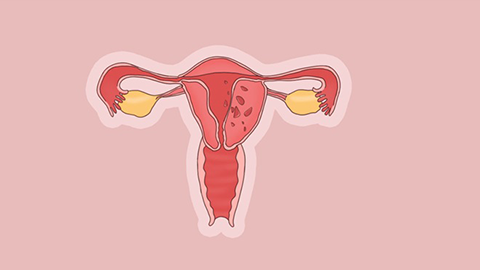Is a hysterectomy a major surgery?
Generally speaking, hysterectomy is considered a major surgery. The detailed analysis is as follows:

This surgery is usually indicated for conditions such as uterine fibroids, adenomyosis, endometrial cancer, and other severe diseases when other treatment options have proven ineffective. The procedure involves removing all or part of the uterus through an abdominal incision, the vagina, or laparoscopically. Because the uterus is surrounded by abundant blood vessels, nerves, and adjacent organs such as the bladder and rectum, there is a risk of damaging these tissues during surgery. Additionally, a lengthy recovery period is typically required after the operation.
The complexity and risks of hysterectomy vary depending on the surgical method and the individual patient's condition. Laparoscopic hysterectomy is a minimally invasive procedure characterized by small incisions, reduced trauma, and relatively faster recovery, but it still requires general anesthesia. Abdominal hysterectomy involves larger incisions, causes more significant trauma to the body, and carries a higher risk of postoperative complications. Regardless of the surgical approach, the procedure may have physical and psychological impacts on the patient, such as hormonal changes and alterations in pelvic floor support structures.
After surgery, it is important to strictly follow medical advice, ensure adequate rest, avoid strenuous exercise and heavy physical labor, maintain wound cleanliness, adopt a proper diet to promote recovery, and monitor psychological well-being, seeking medical attention promptly if any discomfort occurs.





